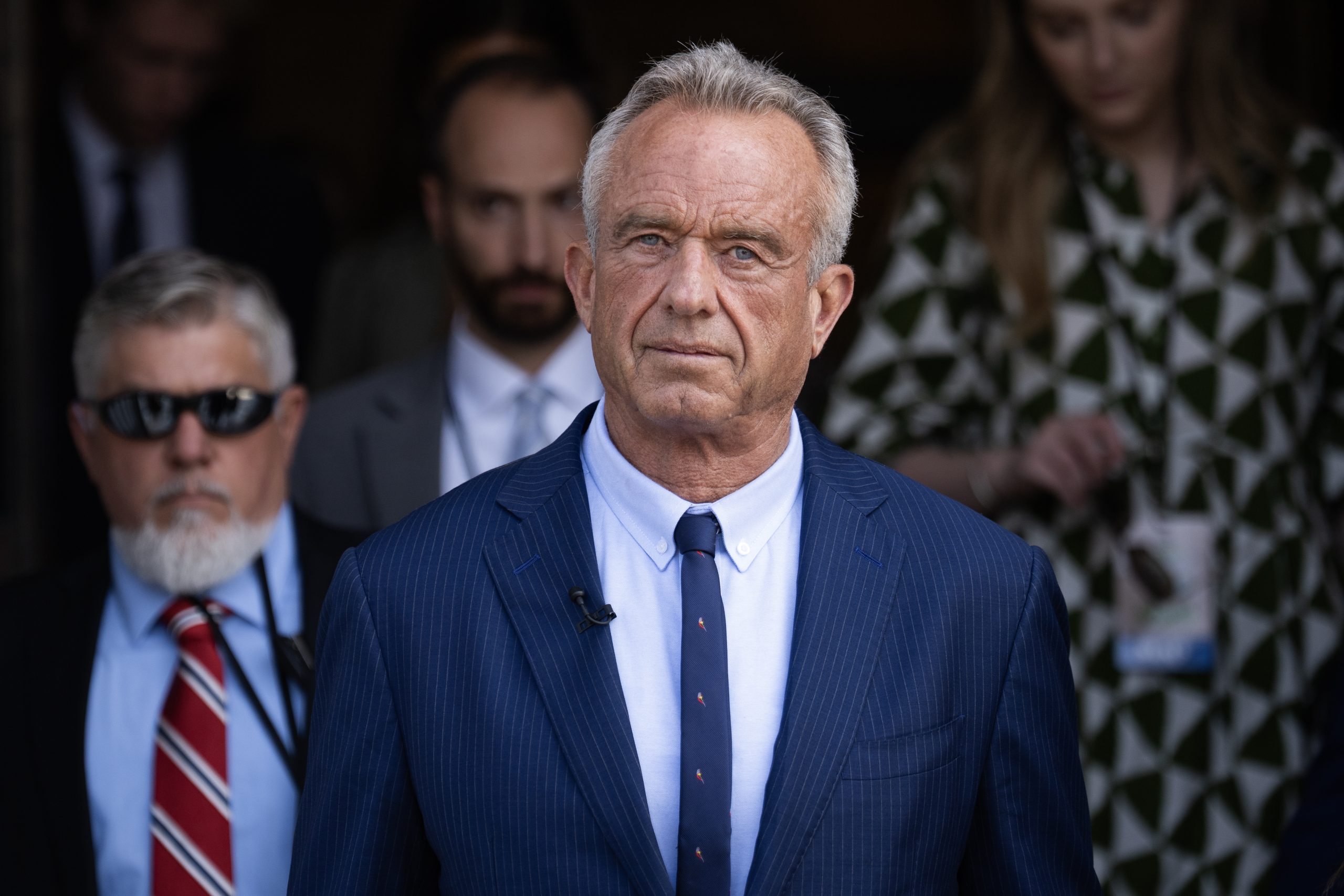A Public Health Power Struggle
The United States Centers for Disease Control and Prevention (CDC) is embroiled in a dramatic leadership crisis, stemming from a power struggle between newly appointed Health Secretary Robert F. Kennedy Jr. and the agency’s top officials. The situation escalated dramatically this week with the White House announcing the termination of CDC Director Susan Monarez, a move immediately contested by Monarez’s representatives. This unprecedented clash is not an isolated incident but rather the culmination of months of escalating tension and policy disagreements, raising serious concerns about the future of public health in the US.
Mass Exodus and Policy Reversals
Kennedy Jr.’s appointment has been marked by significant personnel changes. Thousands of employees across the CDC and other health agencies have been laid off, a move that has destabilized operations and fueled anxieties among remaining staff. Furthermore, Kennedy Jr. has aggressively reversed long-standing vaccine policies, a decision met with strong resistance from many public health experts who warn of potentially devastating consequences. This clash of ideologies has created an environment of uncertainty and distrust within the CDC, undermining its ability to effectively address critical public health challenges. The four senior CDC leaders’ resignations in protest underscore the depth of this internal conflict and the perceived threat to the agency’s integrity.
A Fight for the Future of Public Health
The conflict extends beyond personnel changes and policy reversals. It represents a fundamental disagreement over the role and direction of public health in the United States. Kennedy Jr.’s actions suggest a shift away from evidence-based public health practices, potentially jeopardizing national preparedness for future health crises. The mass exodus of experienced leaders from the CDC leaves a void in institutional knowledge and leadership, further exacerbating the challenges the agency faces. The implications for the nation’s public health infrastructure are profound and warrant serious consideration. The fight over the CDC’s future is not just an internal political battle; it has significant implications for the health and well-being of all Americans.
Conclusion: Uncharted Territory
The situation at the CDC is unprecedented and fraught with uncertainty. The immediate future of the agency, and its capacity to effectively respond to public health emergencies, hangs in the balance. The ongoing power struggle raises crucial questions about the political influence on scientific agencies, the importance of evidence-based policymaking, and the long-term consequences of undermining public health institutions. The coming weeks and months will be crucial in determining the ultimate impact of this crisis and the path forward for the CDC. This situation requires careful monitoring and analysis to fully understand the ramifications for the nation’s public health infrastructure.
SOURCE INFORMATION:
TITLE: The bigger story behind the mass exodus of CDC leadership
DESCRIPTION: The simmering showdown between US Health Secretary Robert F. Kennedy Jr. and the leadership of the Centers for Disease Control and Prevention has finally boiled over. The White House said on Wednesday that CDC director Susan Monarez was fired — and Monarez’s representatives quickly responded that she wouldn’t leave her post without a fight. In […]
SOURCE: Vox
Based on materials: Vox





